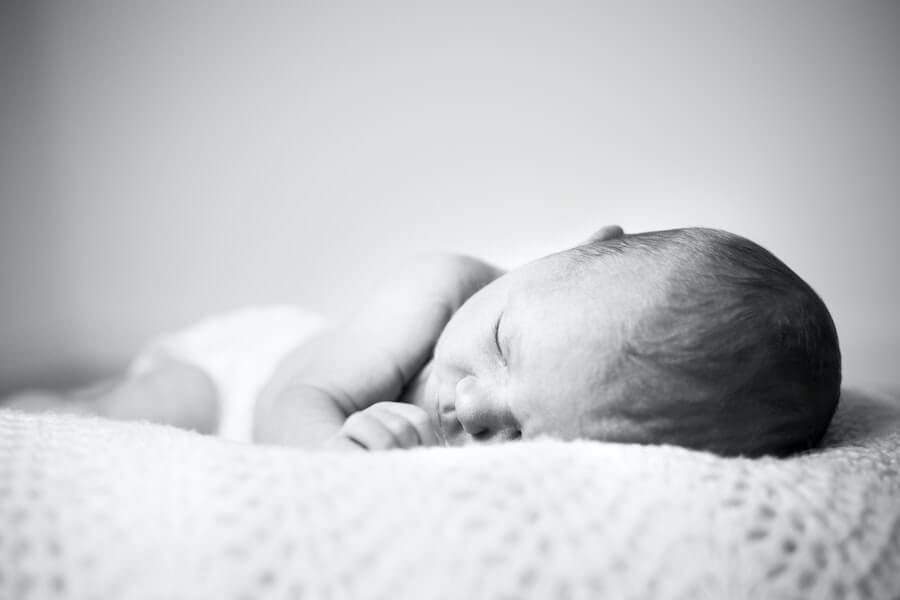Home
Pregnancy & Breastfeeding Tips for New Moms: Preconception, Pumping & Parenting Support
Nurturing Your Perineal Health: Insights and Tips from a Gynecologist

Nurturing Your Perineal Health: Insights and Tips from a Gynecologist
Taking care of your perineal area after childbirth is essential for promoting healing, preventing complications, and ensuring overall well-being. Seeking advice from a gynecologist can provide evidence-based information and practical tips to protect and nurture your perineum, facilitating a smooth recovery process. In this article, we will explore some valuable guidance from a gynecologist to help you care for your perineal health during the postpartum period.
Optimal Hygiene
Maintaining proper hygiene is crucial for promoting healing and preventing infections. After using the bathroom, gently cleanse the perineal area with warm water, avoiding the use of harsh soaps or wipes that may irritate the delicate skin. By prioritizing optimal hygiene, you create a clean and healthy environment that supports the healing process.
Gentle Cleansing Techniques
When caring for your perineum, it's important to use gentle cleansing techniques. Instead of harsh rubbing or scrubbing motions, pat the area dry after cleansing. This gentle approach reduces the risk of further irritation or discomfort, allowing for a more comfortable healing experience.
Soothing Measures
To alleviate discomfort and reduce swelling, consider using a peri bottle filled with warm water to cleanse and soothe the perineum after childbirth. Additionally, applying ice packs or cold compresses to the area can provide relief and help manage any postpartum swelling. These soothing measures aid in promoting comfort and supporting the healing process.
Perineal Massage
During pregnancy, perineal massage techniques can be beneficial in preparing the perineal area for childbirth. Consult with your gynecologist to learn about the appropriate massage techniques that can help stretch and relax the perineum, potentially reducing the risk of perineal trauma during delivery. Properly performed perineal massage can contribute to a more comfortable birth experience.
Wound Care and Pain Management
If you required stitches during delivery, it's important to follow your gynecologist's instructions for wound care. Keep the area clean and dry as advised to ensure proper healing. If you experience discomfort or pain, consult with your gynecologist for appropriate pain management options that are safe during the postpartum period. Their guidance will help you find effective pain relief while considering your overall well-being.

Regular Check-ups
Attending postpartum follow-up appointments with your gynecologist is vital for monitoring your healing progress. These appointments provide an opportunity to address any concerns or questions you may have, ensuring that your recovery is on track. Regular check-ups allow your healthcare provider to provide personalized advice and support based on your individual needs.
Conclusion
Taking care of your perineal health during the postpartum period is essential for promoting healing and overall well-being. By following the guidance of a gynecologist, you can gain valuable insights and practical tips to protect and nurture your perineum. Prioritize your perineal health, maintain proper hygiene, and consult with your healthcare provider for personalized advice throughout your postpartum journey. Your perineum plays a crucial role in your recovery, and by caring for it, you promote a healthy and comfortable transition into motherhood.


